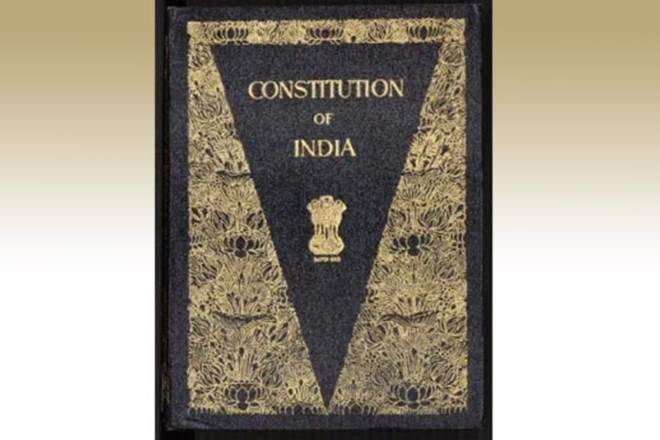It is too well established to need further reiteration that all appointments to public office must be made in accordance with Article 14 and 16 of the Indian Constitution. To put it another way, there must be no arbitrariness as a result of any undue favour shown to any candidate. As a result, the selection process must be carried out strictly in accordance with the specified selection procedure was referred by Justice S.N. Pathak of the Jharkhand High Court in the matter of Reeta Mukta versus State of Jharkhand [ W.P. (S) No. 5648 of 2018]
The order passed followed the facts where petitioner said that he had already passed the Teachers’ Eligibility Test Examination, as evidenced by the Certificate issued to the petitioner Petitioner applied for the position of Para Teacher in response to an advertisement published by the Jharkhand Education Project Council on February 12, 2012, and was duly elected in the Aam Sabha of the Village Education Committee on February 26, 2012. On March 19, 2018, the Gram Pradhan certified the date of the Village Education Committee’s Aam Sabha, which was closed. Petitioner was asked to submit her joining in the office of the Block Education Extension Officer, Kanke Block, Ranchi, and she did so on January 4, 2014, and the Block Education Extension Officer accepted her joining.
The learned counsel for the petitioner said using the case of Vikas Pratap Singh and others vs. State of Chhattisgarh and others, as well as other analogous cases reported in (2013) 14 SCC 494, learned counsel contends that the petitioner merits sympathetic consideration by this Court. Her appointment was made on the basis of a properly conducted competitive examination, and it cannot be said that they lied about it. The petitioner should not be harassed by the respondents, as this would cause her undue hardship and ruin her life and career.
According to the State’s counsel, the petitioner did not fulfil the RC as of 01.08.2015, as required by the provision. According to the Certificate issued by the Block Education Officer, Kanke, dated 25.06.2015, it appears that the petitioner had been working as a Para Teacher since 06.01.2014 and had not completed two years as of 01.08.2015, and thus was not eligible for reservation. Following that, on August 19, 2018, the District Education Establishment Committee in Ranchi made a decision to treat her service as ab-initio-void.
Later the court held, In the case of Rakesh Bakshi vs. State of J&K, reported in (2019) 3 SCC 511, “it was held that the eligibility of candidates must be determined with reference to the qualification possessed as of the cut-off date, and qualification acquired later at any point in time cannot make the candidate eligible.”
In light of the foregoing facts and circumstances, as well as established legal principles, this Court is of the considered opinion that the prayer made in the writ petition cannot be accepted, as it amounts to a violation of provisions of Articles 14 and 16 of the Indian Constitution. If the petitioner’s learned counsel’s contention is accepted, it will amount to discrimination because all candidates must be given equal opportunity. To be sure, the petitioner did not meet the requirements outlined in the advertisement. She was unable to obtain the benefits of a 50 per cent reservation, and her case was properly denied.


